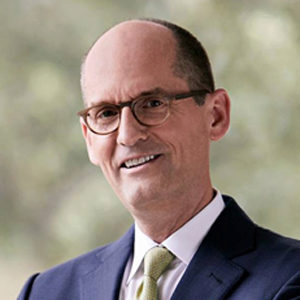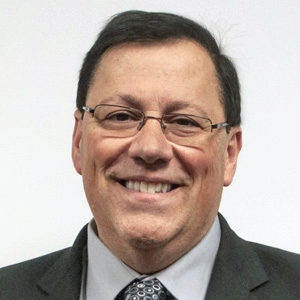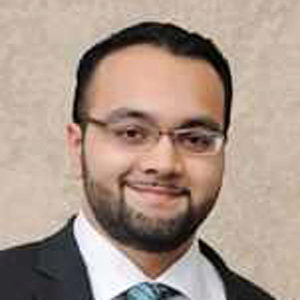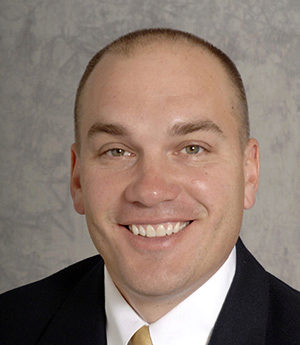 |
| Dr. Steve McLaughlin |
A recently awarded research grant from the European Union’s Clean Sky 2 program is allowing the Daniel Guggenheim School of Aerospace Engineering’s Aerospace Systems Design Laboratory (ASDL) to join a large-scale initiative to address critical aviation growth issues over the next few decades.
A team of ASDL researchers (ASDL@ GTL) will conduct the research at Tech’s sister campus, Georgia Tech-Lorraine (GTL) in Metz, France.
Clean Sky is the largest research program in Europe to develop innovative technology to reduce CO2 gas emissions and noise levels produced by aircraft.
The collaboration - the Overall Air Transport System Vehicle Scenarios (OASyS) project - will forecast future scenarios to inform Clean Sky’s Technology Evaluator- thus enhancing its modelling capability to estimate the impacts of potential scenarios that include advanced configurations like urban air mobility vehicles and supersonic transport aircraft within the global fleet.
 |
| Dr. Dimitri Mavris |
“With the award of this project by the European Union (EU), Georgia Tech has taken another step in increasing its international engagement,” stated Dr. Yves Berthelot, the president of Georgia Tech-Lorraine, and vice provost for Georgia Tech’s International Initiatives.
“This activity helps to position ASDL@ GTL for future research for the EU.”
Dr. Steve McLaughlin, dean of Georgia Tech’s College of Engineering and Southern Company Chair, agreed, adding:
“Securing the OASyS project is a very big step forward for Georgia Tech’s interactions with the EU and helps establish a path for how other GT entities can work in the region.”
The ASDL@ GTL effort is led by Dr. Dimitri Mavris, Regents Professor in the School of Aerospace Engineering and director of ASDL, and Dr. Turab Zaidi, a lecturer of aerospace engineering at GTL.
 |
| Dr. Turab Zaidi |
The research involved in this project will be performed by four graduate students over the course of the next year.
Dr. Zaidi will head the project in Metz and Prof. Mavris and ASDL research engineers will serve as the OASyS advisory board in Atlanta.
“We are excited about working on this project for Clean Sky 2,” commented Mavris. “The issues we are addressing are important for the global aviation industry.
For the research involved in OASyS, we will be leveraging ASDL-developed tools and approaches.”
Dr. Mark Costello, chair of the Georgia Tech’s School of Aerospace Engineering added, “We are excited about supporting this research as it helps address issues related to the growth in commercial aviation such as emissions and noise.”
ASDL@ GTL was awarded the project through its involvement in the Unité Mixte Internationale (UMI 2958), a research partnership housed at GTL created in 2006 by Georgia Tech and France’s Centre National de la Recherche Scientifique (CNRS).
 |
| Dr. Mark Costello |
Established to complement ongoing research at GTL, ASDL@ GTL focuses on research in the areas of complex systems design and integration and system of systems exploration and assessment.
“We welcome the opportunity for GTL to play a part in the OASyS, which expands the capacity and expertise of our campus to support European research initiatives,” said Dr. Abdallah Ougazzaden, director of GTL.